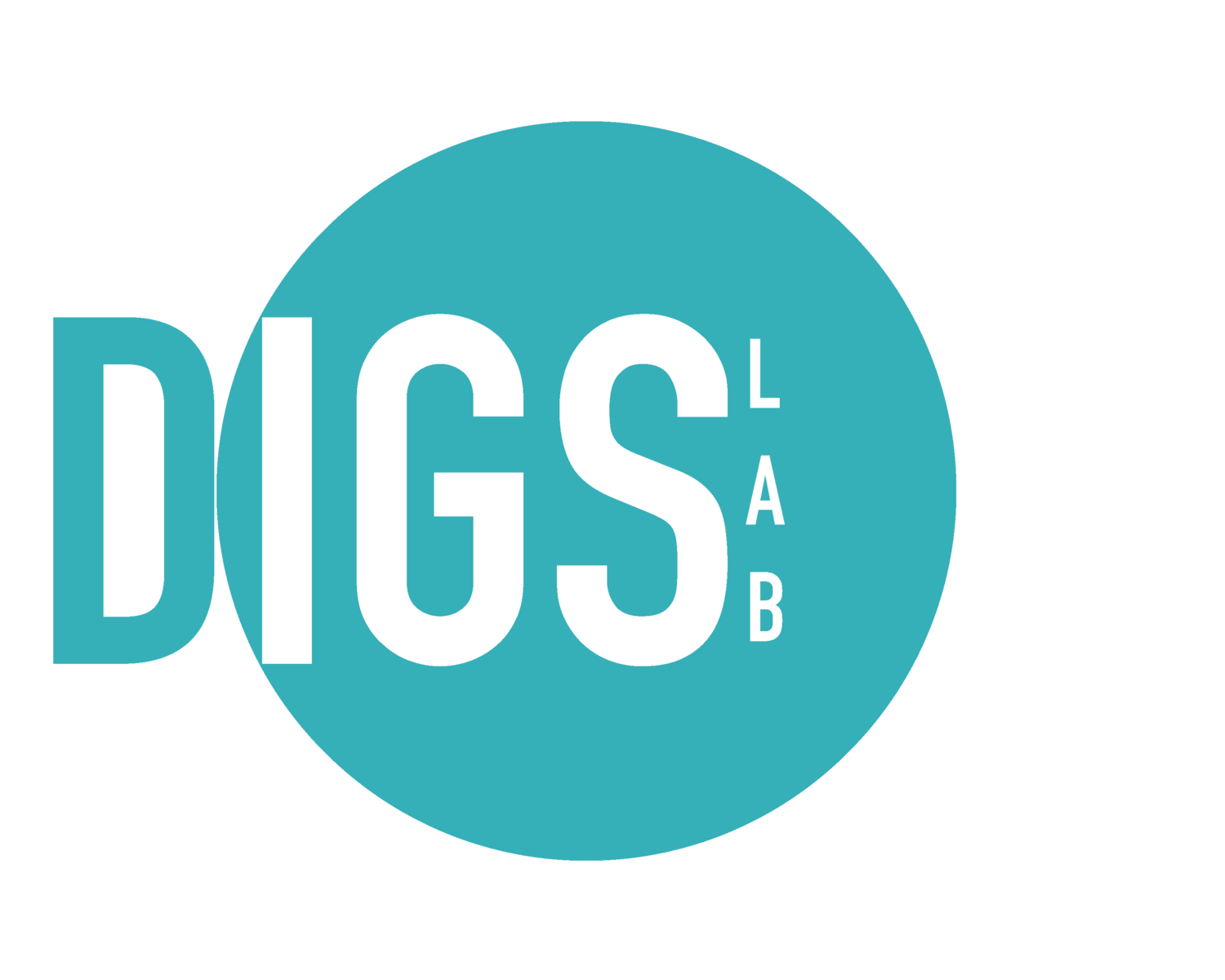Virtual Event
Please register on this link to get the Zoom event details. There is no fee required to attend this event. It will be professionally live captioned.
Dr. Mar Hicks will speak about Disrupting Computing History to Align Technology’s Past and Present
Mar Hicks is an author, historian, and professor doing research on hidden histories of computing, as well as the history of labor and technology. Hicks is currently an Associate Professor at The University of Virginia's School of Data Science, in Charlottesville, teaching courses on the history of technology, computing and society, and the larger implications of powerful and widespread digital infrastructures. Their research focuses on how gender and sexuality bring hidden technological dynamics to light, and how the experiences of women and LGBTQIA people change the core narratives of the history of computing in unexpected ways. Hicks's multiple award-winning book, Programmed Inequality, looks at how the British lost their early lead in computing by discarding women computer workers, and what this cautionary tale tells us about current issues in high tech. Their new work looks at resistance and queerness in the history of technology. Hicks is also co-editor of the book Your Computer Is On Fire (MIT Press, 2021), a volume of essays about how we can begin to fix our broken high-tech infrastructures. Other writing and more information can be found at: marhicks.com.
This event is co-hosted by the DIGS Lab (Digital Intimacy, Gender, and Sexuality Lab of Concordia University) and The Feminist and Accessible Publishing, Communications, + Tech Series.
This event is also part of the 7th Season of Disrupting Disruptions: the Feminist and Accessible Publishing and Communications Technologies Speaker and Workshop Series, organized by Dr. Alex Ketchum. Our series was made possible thanks to our sponsors: SSHRC, Digital Citizen Research, the Institute for Gender, Sexuality, and Feminist Studies (IGSF), the DIGS Lab, Milieux, Initiative for Indigenous Futures, ReQEF, and more.

